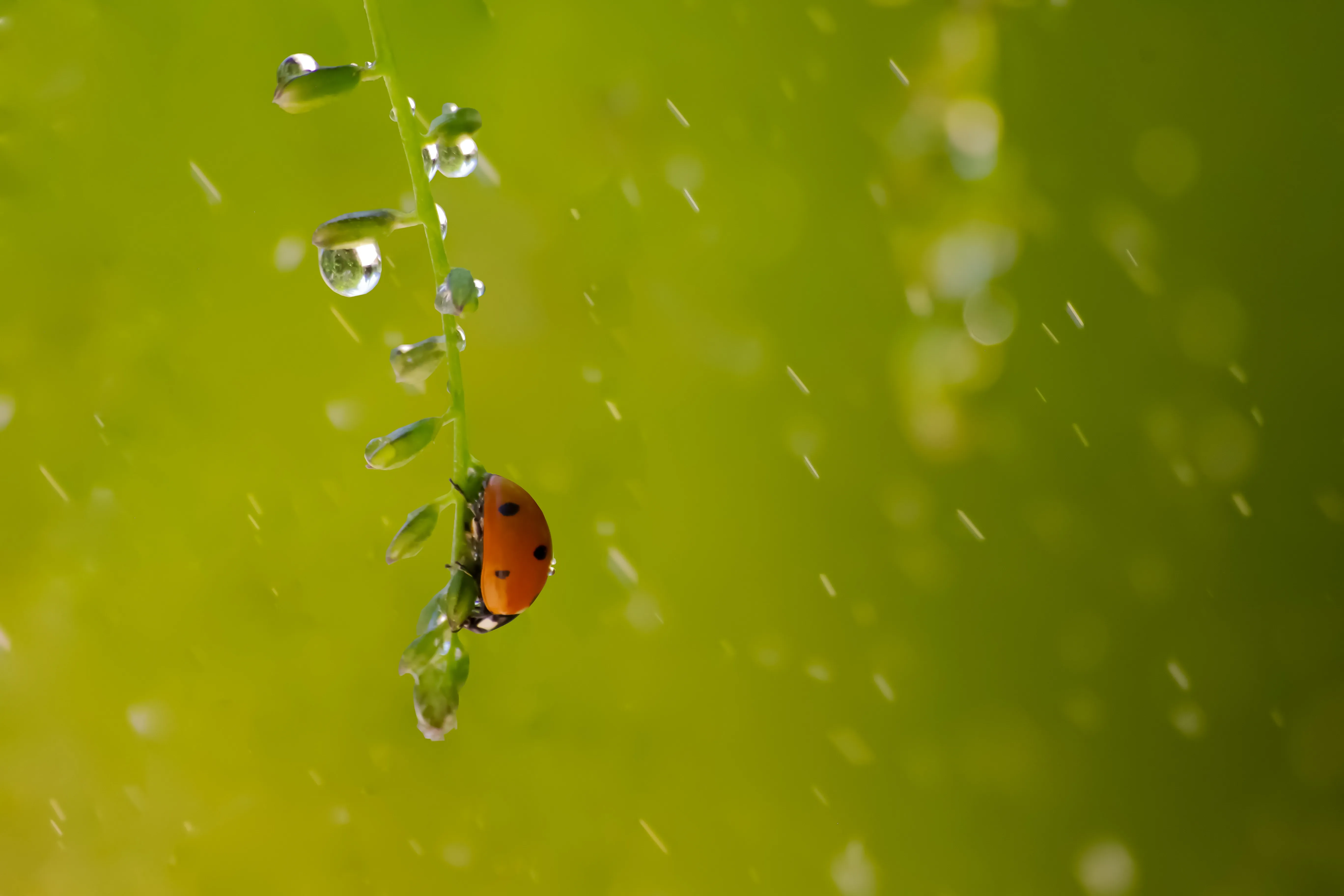The Role of Organic Farming in Supporting Biodiversity
Discover how organic farming near Bangalore plays a crucial role in supporting biodiversity with Vriksha Farms. This insightful post explores the benefits of organic practices in preserving diverse ecosystems, promoting pollinator health, and maintaining natural habitats. Learn about the positive impact of sustainable agriculture on local wildlife and how it contributes to a balanced and thriving environment. Embrace organic farming with us for a richer, more diverse world."

Introduction
Biodiversity is the backbone of a healthy ecosystem, and organic farming plays a crucial role in supporting and enhancing it. Vriksha Farms, with its commitment to responsible agroforestry and sustainable living, recognizes the significant impact of organic farming on biodiversity. This blog post explores how organic farming practices contribute to the preservation and enhancement of biodiversity, an essential component of ecological balance and sustainability.
Promoting Diversity in Agricultural Landscapes
Varied Crop Cultivation
Organic farming encourages the cultivation of a wide variety of crops. This diversity is not only beneficial for soil health but also provides habitats for a range of species, from beneficial insects to birds and mammals.
Preservation of Native Species
By prioritizing native and heirloom crop varieties, organic farming helps preserve genetic diversity. These native species are often better adapted to local conditions and support local wildlife.
Enhancing Soil Biodiversity
Soil as a Living Ecosystem
Organic farming practices, such as using compost and avoiding synthetic chemicals, nurture a rich soil microbiome. A healthy soil ecosystem is teeming with microorganisms, insects, and other organisms that play crucial roles in nutrient cycling and plant health.
Natural Fertilization Methods
The use of natural fertilizers in organic farming, such as compost and green manures, contributes to a dynamic soil environment, supporting various forms of life and enhancing soil fertility.
Supporting Beneficial Insects and Pollinators
Attracting Pollinators
Organic farms often become havens for pollinators like bees, butterflies, and birds. By providing a pesticide-free environment and a variety of flowering plants, organic farming supports these crucial species.
Integrated Pest Management
Organic farming relies on integrated pest management strategies that use natural predators and biological controls, reducing the need for harmful pesticides and promoting a balanced ecosystem.
Conserving Water and Natural Habitats
Sustainable Water Use
Organic farming practices often include more efficient water management, which helps to preserve aquatic habitats and the species that depend on them.
Habitat Conservation
Organic farms can act as important conservation areas, preserving natural habitats in agricultural landscapes, which are vital for wildlife and ecological diversity.
Economic Benefits and Community Involvement
Economic Incentives for Biodiversity
Organic farming can be economically rewarding, providing incentives for farmers to maintain biodiversity. Vriksha Farms, for instance, focuses on investing in managed farmland that offers returns while supporting sustainable practices.
Community Education and Involvement
Organic farming promotes community involvement and education. By engaging local communities in sustainable practices, organic farms help spread awareness about the importance of biodiversity.
Conclusion
Organic farming is more than a method of producing food; it's a holistic approach that significantly contributes to the conservation and enhancement of biodiversity. Vriksha Farms is at the forefront of this movement, offering opportunities for investment in organic agriculture that supports biodiversity, sustainable living, and a healthier planet.
